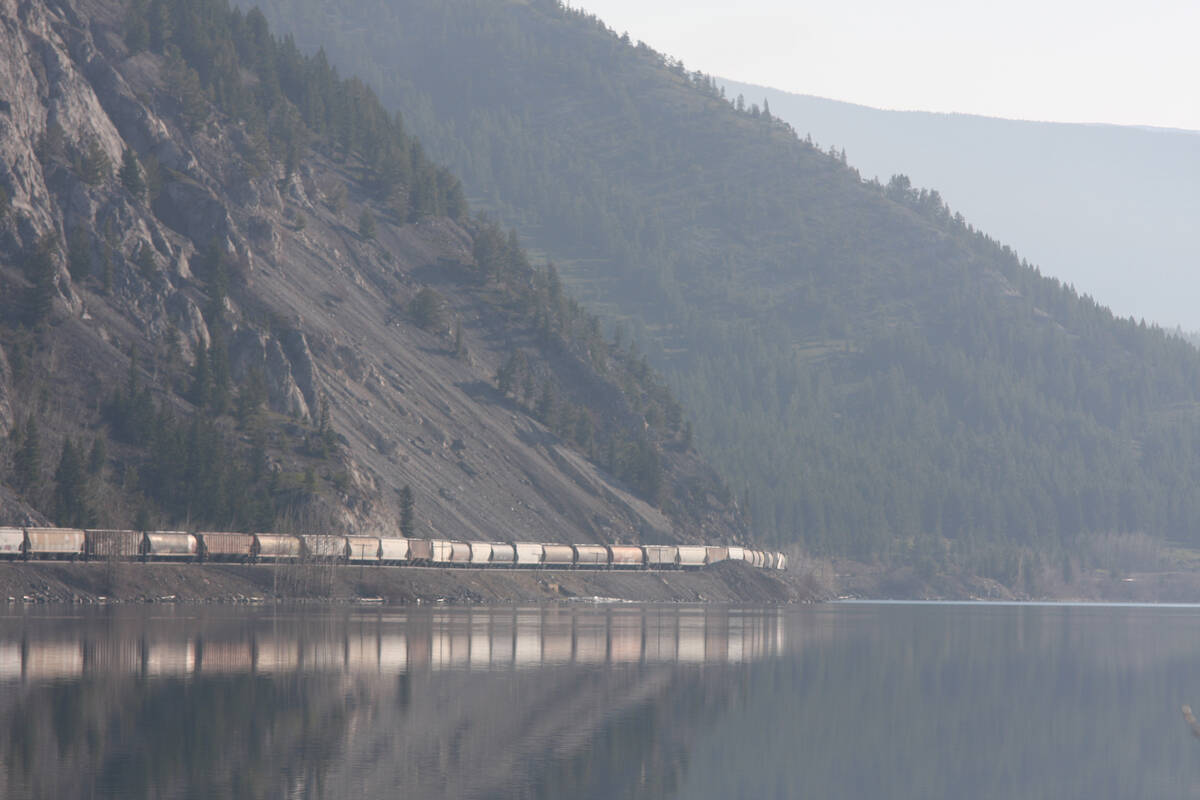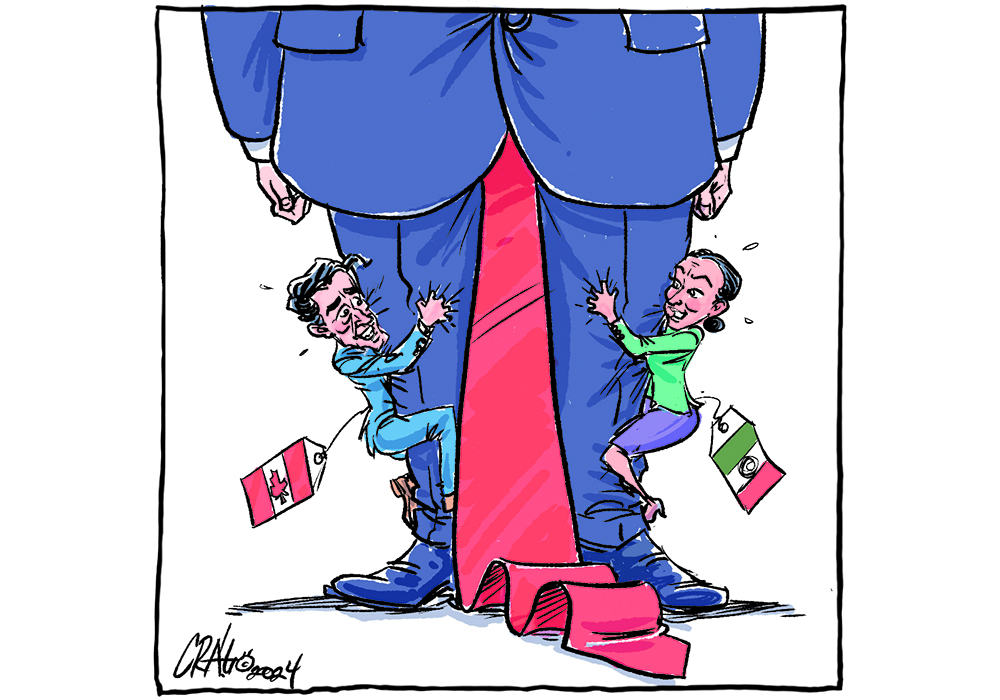Former French President Charles de Gaulle is often quoted as once saying, “no nation has friends; only interests.”
It’s something to keep in mind as we approach what promises to be an interesting year.
There’s a new volatile and unpredictable administration south of the border. As an example, the president-elect has selected Robert F. Kennedy to lead the Department of Health and Human Services, the United States’ top health agency. Among his numerous controversial views, Kennedy posits that seed oils such as canola are harmful to human health.
Read Also

Canada must change to remain a prosperous country
Several developments in early November will likely be important for the Canadian economy, including agriculture, helping define its evolution for the coming year and beyond.
In Canada, there will be a federal election at some point in 2025 and if polls are to be believed, we’ll be getting a change in government here as well.
Then, as the calendar ticks over to 2026, the trilateral free trade agreement among Canada, the United States and Mexico comes up for review. That the name of the agreement differs among the signatories – CUSMA here and USMCA south of the border – is testament to just how hard it was to arrive at a document that everyone would agree to sign.
Canada and Mexico are by many measures the junior partners in this agreement. With economies of about $2 trillion each, we are individually less than a tenth the size of our massive neighbour. California’s economy alone is about double that of Canada’s.
Bargaining with such a behemoth would seem to dictate that Canada and Mexico stick together and present a united front. Some prominent Canadian voices disagree.
Ontario Premier Doug Ford is arguing that Mexico has allowed itself to become a backdoor for cheap Chinese cars and other products to flood U.S. and Canadian markets. He urged Mexico to take action with tariffs to remedy the problem.
Here in the West, Alberta Premier Danielle Smith also pointed to Mexico’s lackadaisical policies on Chinese imports as reason for Canada to go it alone. While the majority of that province’s exports to the U.S. are energy, she cited strong trade ties with the U.S. as a top priority.
The federal government has acknowledged concerns about Mexico but so far has rejected the idea of going it alone with the Americans.
Of course, this speculation is taking place in the context of world markets, where Canada’s agricultural commodities are particularly vulnerable.
According to Agriculture and Agri-Food Canada, the U.S. is our top trading partner, accounting for about 60 per cent of agri-food exports and more than half of our imports. China is second, particularly in ag products and seafood.
Global Affairs Canada says Mexico is overall our third largest trading partner, notably in autos and machinery coming north and commodities such as canola going south. Canada is still Mexico’s largest canola supplier but exports have dropped by 65 per cent since last year as Australia horns in on that market.
Likewise, Brazil has become adept at cost-effectively producing soybeans, so much so that U.S. farmers are being urged to diversify. One of the only protections for Manitoba and Ontario soy producers might have is their ability to ship into the CUSMA zone without restrictions.
Ultimately, the whole point of a free trade deal is to create a mutually beneficial arrangement to give partners an edge over competitors in the world market. But just as Canadian negotiators will be looking for the best deal for our country, including its farmers, so will the Mexicans and Americans. Getting there may mean working with another junior partner, or not.
Remember: nations don’t have friends; they have interests.
Karen Briere, Bruce Dyck, Barb Glen, Michael Robin, Robin Booker and Laura Rance collaborate in the writing of Western Producer editorials.















